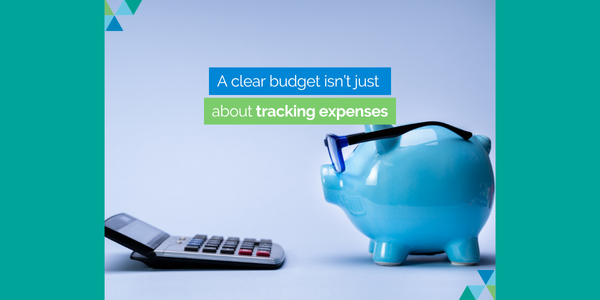Why Tax Losses Are Not A Good Thing

Tax losses occur when a business’s expenses exceed its revenue for a given period, resulting in a negative net income. While tax losses may seem like a relief for businesses at the end of a financial year, they are not a good thing in the long run. To build a sustainable business you need to be financially stable, with sound financial management practices and sufficient access to capital to support your growth and development.
Below we outline six reasons why tax losses are definitely not a good thing for your business.
1. Tax losses indicate that a business is not profitable.
If your business consistently reports tax losses, it will not be able to attract investors or lenders, as they will not be interested in investing in a business that is not generating profits. An inability to attract investors or lenders may result in reduced access to capital, which can limit your business’s ability to grow or even continue operating.
2. Tax losses limit a business’s ability to pay dividends.
Dividends are payments made to shareholders as a return on their investment in the business. When a business reports tax losses, it does not have any profits to distribute to shareholders as dividends.
3. A lack of profit hinders your opportunity to accumulate assets.
When a business incurs tax losses, it means that they are not generating enough income to offset their expenses for tax purposes. This can result in reduced cash flow as the business will need to pay out of pocket for expenses that would otherwise be offset by income. This reduced cash flow may limit your business's ability to invest in assets.
4. Rising interest rates will affect your debt ratio.
When interest rates rise, the cost of borrowing money also increases. If your business has outstanding debt, you will have to pay more in interest expenses, which can increase your debt ratios. Higher debt ratios can increase your vulnerability to further interest rate hikes or market changes and further reduce your creditworthiness.
5. Tax losses can result in increased scrutiny from the Australian Tax Office.
If a business consistently reports tax losses, it may be seen as engaging in tax avoidance or evasion, which can result in penalties and even legal action. This can damage your business’s reputation and lead to a loss of customers and revenue.
6. Tax losses result in either higher debt or reduced capital.
By their nature, tax losses result from more money leaving the business than is coming in. This needs to be funded. This funding either comes from increased debt or by owners putting their own funds into the business to keep it operating.
While tax losses may seem like a relief for businesses, they are not a good thing in the long run. Tax losses indicate that a business is not profitable, limit a business’s ability to pay dividends and accumulate assets, can result in increased scrutiny from the ATO, and can result in higher debt levels. Therefore, it is important for businesses to focus on generating profits and minimising losses to ensure long-term success.
…….
Our team love helping our clients to review and forecast their numbers each month or quarter to ensure they are informed about their financial status. If you’d also like to benefit from our advice for growth, please contact one of our team at admin@wrightsca.com.au.
Important notice: This article provides information rather than financial advice. The content of this article, including any information contained in it, has been prepared without taking into account your objectives, financial situation or needs. You should consider the appropriateness of the information, taking these matters into account, before you act on any information.










